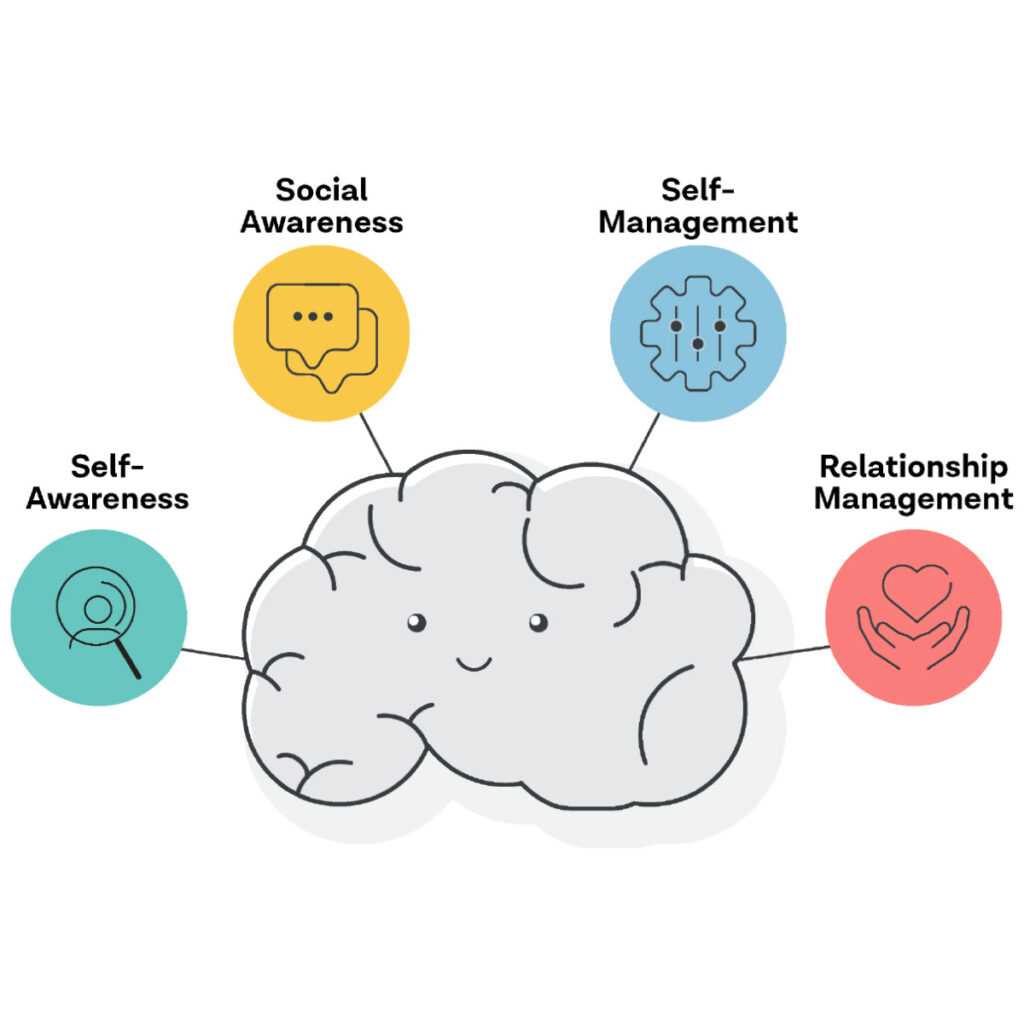Annual Oral Health Section
Healthy teeth are an easy thing to take for granted, which is why it’s all the more important to take good care of them. In this section, we feature some of the best dental technologies, procedures, and services that can improve the function and appearance of your smile. Through proper upkeep and the support of professionals, you can take charge of your oral health.
A widely preferred alternative to tooth extraction, root canal treatment can relieve dental pain, protect against future infection, and preserve your natural smile.
What Is a Root Canal?
Teeth are made up of four different kinds of tissues – three hard, and one soft. The soft tissue, the pulp, consists of connective tissue, blood vessels, and nerves, all of which can become inflamed if bacteria enter the pulp chamber.
A root canal is a procedure that removes dead, infected, or damaged pulp from a tooth. This can relieve pain as well as protect your gums, jaw, and surrounding teeth from further infection or nerve damage and decay. Unlike tooth extraction, a root canal is a great treatment for unhealthy tooth pulp as it allows you to keep your tooth and preserve your smile.
Signs You May Need a Root Canal
- Your tooth is extra sensitive to heat and cold.
- Your tooth is dark or discolored.

- Your tooth or filling is cracked or broken.
- You have severe pain with pressure or eating.
- You have a large, visible cavity.
- You have an abscess on the gum line.
- You have pus draining into your mouth.
- You have a foul taste or odor emanating from the tooth.
A Three-Step Procedure
The procedure itself is painless, as your dentist or endodontist will use a local anesthetic to numb the affected area. First, they will open the top of your tooth to expose the damaged pulp. Following this, they will clean the interior of the tooth and replace it with a filling. Finally, they will seal the tooth back up, and in some cases, place a crown in order to prevent bone loss and the spread of infection. You may experience some discomfort following the procedure, but it can be managed with proper aftercare.




